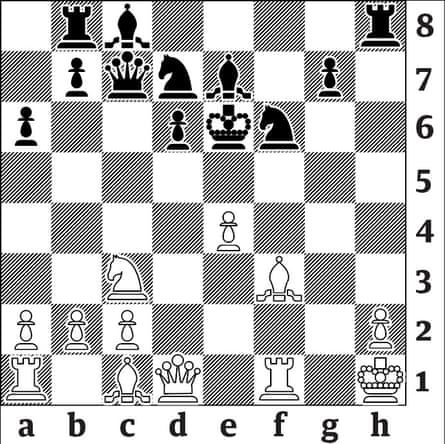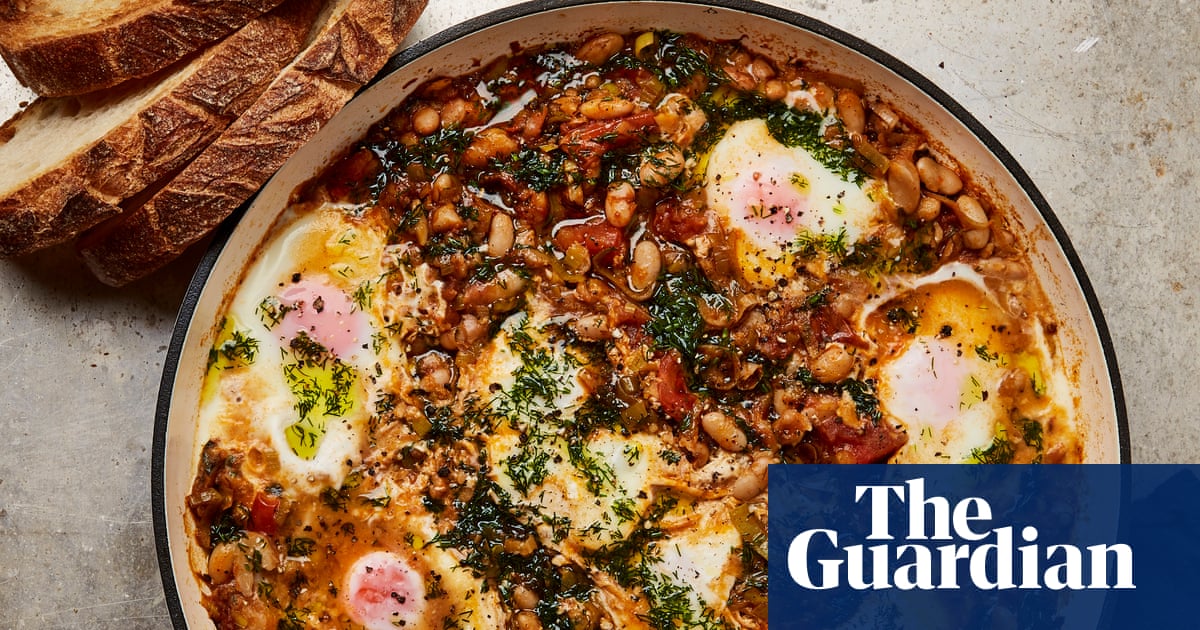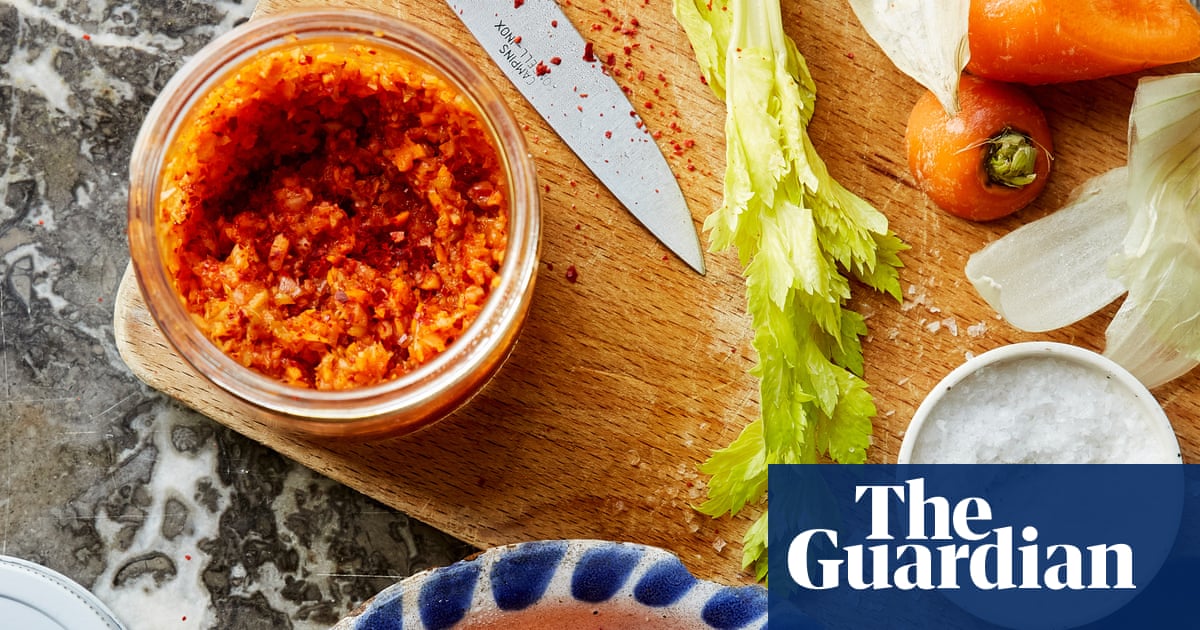There were two new frontrunners on Thursday at the $625,000 Grand Swiss in Samarkand on the ancient Silk Road, after Iran’s Parham Maghsoodloo, who had led for the first six rounds, was beaten. The top two finishers after 11 rounds will qualify for the 2026 Candidates and a potential title shot at the shaky crown of the world champion, Gukesh Dommaraju.
Leaders after round seven were Nihal Sarin (India) and Matthias Blübaum (Germany) 5.5, Maghsoodloo (Iran), Abhimanyu Mishra and Hans Niemann (US), Anish Giri (Netherlands), Alireza Firouzja (France), Nodirbek Abdusattorov (Uzbekistan) and Vidit Gujrathi (India) 5.
Sarin, 21, and Blübaum, 28, were seeded only Nos 20 and 32 at the start. They will be paired together in Friday’s eighth round, but can expect a rough ride in the final three rounds as the favourites make their bids for the Candidates.

This tournament will be remembered for two historic teenage achievements. Mishra, who is already a world record holder as the youngest ever grandmaster, at 12 years four months, set another landmark when, aged 16 years seven months, he defeated Gukesh in round five to become the youngest player ever to win against a reigning world champion, breaking the record set 33 years earlier by Gata Kamsky of the US, then 17 years 10 months, against Garry Kasparov at Dortmund 1992.
Mishra was modest about the game: “Even though I won, it doesn’t feel pleasing, because I had a winning position but just threw it away. Later he made some mistakes and I got it back, but overall it wasn’t a very clean game.”
The second historic game was in round four, when Turkey’s Yagiz Kaan Erdogmus overwhelmed India’s Mittal Aditya by a barrage of brilliancies. The “Turkish Immortal” allowed two white queens on the board, then sacrificed the black queen for a pawn, followed by checkmate by a previously unmoved black pawn. It was even more brilliant than Bobby Fischer’s 1956 “Game of the Century” against Donald Byrne.
Aditya v Erdogmus is given here twice: first with the bare moves, then with the Chessbase India video of the game as it actually happened, with the moves sped up as if they were playing blitz. Magnus Carlsen, commenting on Take Take Take, paid Erdogmus a huge compliment: “Erdogmus is really, really good, at almost unprecedented levels at that age.”
The young Turk impressed again with a difficult defence against Abdusattorov, who tried for eight hours and 190 moves to win with queen and rook pawn against queen, but in Thursday’s round seven Erdogmus was well beaten by Hans Niemann, making a late move towards the leaders.
after newsletter promotion
Meanwhile, Gukesh lost again, this time against the little-known Greek GM Nikolas Theodorou. Trying to regain ground in the tournament, Gukesh overpressed and then had a claim for a draw by threefold repetition of position rejected by the arbiter, who added two minutes to Theodorou’s clock as a penalty.
It got worse for Gukesh in round seven when, after reaching a won position against Turkey’s other young star Ediz Gurel, 16, he blundered into defeat. Gukesh now has a minus score after three losses in a row, while Gurel becomes the all-time second youngest player after Mishra to beat a reigning world champion.
Overall in the Grand Swiss, the small group of elite GMs who monopolise invitations to valuable all-play-all tournaments have failed so far to demonstrate any clear superiority to lower ranked opponents. There could be a message here for the St Louis-backed Grand Chess Tour and the Freestyle Grand Slam.
Unlike the Open, the $230,000 Women’s Grand Swiss has been dominated by two of the top seeds: Vaishali Rameshbabu, who won it in 2023, and Kateryna Lagno, a consistent performer in major events. Vaishali took a clear lead in round seven when she overwhelmed her Chinese opponent with a classic attack by queen, knight and pawns on a castled king.
Women’s Grand Prix leaders after seven of the 11 rounds were Vaishali (India) 6, Lagno (Russia) 5.5, Antoaneta Stefanova (Bulgaria), Bibisara Assaubayeva (Kazakhstan), Mariya Muzychuk (Ukraine), and Yuxin Song (China) 5.
3989 1 Qd5+! Nxd5 2 Bg4+! Ke5 3 Rf5+! Kd4 (if Ke6 4 exd5 mate) 4 Rxd5+ Kc4 5 Be2+ Kb4 6 a3 mate.

 1 month ago
37
1 month ago
37

















































